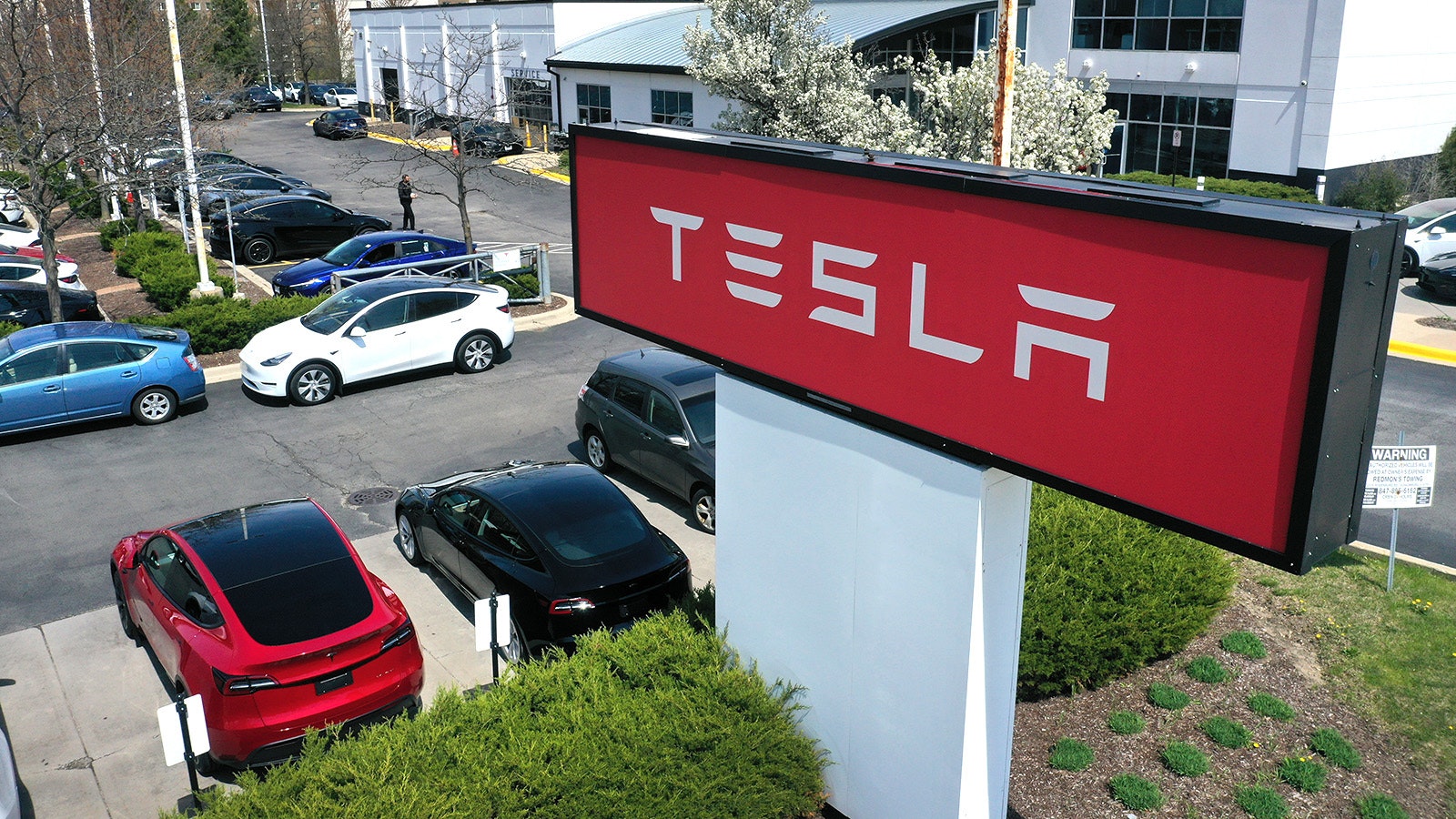The South Pasadena Police Department in California plans a transition to fully electric vehicles by next year.
The city leased 20 Teslas for five years, the Los Angeles Times reports. The leasing agreement for Tesla Model Y vehicles and 10 Tesla Model 3 vehicles will cost the city $2.5 million, including city money and a $500,000 grant. That’s $150,000 per vehicle, not including the construction costs of 30 charging ports.
Fuel And Maintenance Savings
The Times reports that the city expects to save $300,000 per vehicle over the next 10 years in fuel and maintenance costs.
Those savings are going to be needed to make the high up-front costs worth it.
In 2021, the city of Casper reportedly bought 11 new police vehicles for just under $400,000, whereas South Pasadena is paying $114,000 more for each Tesla than the average fully fitted gas-powered police vehicle.
According to AAA, maintenance on the average electric vehicle is about $1,000 annually, which is about $300 less than a gas-powered car. Of course, police vehicles get a lot more wear and tear than the average car, but even assuming double the maintenance savings of $600 per year on the Teslas, most of the $30,000 annual savings per car is gas.
According to the U.S. Department of Energy, it’s possible gas savings could be that high.
However, if the cars are leased for only five years, they won’t realize the full projected $300,000 in savings.
Remote Areas
California has built out its charging infrastructure a lot more than Wyoming, which limits the possibilities of a fully electric police fleet.
Laramie County Sheriff Brian Kozak told Cowboy State Daily that the county has 2,600 square miles. With most charging stations in Pine Bluffs and Cheyenne, the range of electric vehicles for police work is limited.
“We have a lot of remote areas,” he said about the potential for policing Wyoming with EVs. “Sure would hate to have a deputy get out to one of those areas and not have a charging station nearby.”
The Jackson Police Department has invested in three electric motorcycles, one electric Chevy Bolt and it has another Bolt on the way.
That’s not including four Ford Interceptor Utility hybrids, which run on electric with gasoline backup.
Electric Parking Police
Jackson Police Lt. Russ Ruschill told Cowboy State Daily the Bolt is assigned to the department’s community service officer. It has license plate recognition (LPR) technology.
“We use that vehicle pretty extensively in our parking enforcement throughout the town,” Ruschill said.
The town has a lot of three-hour parking spaces, and the officer drives the Bolt around to check on parked cars. Then, three hours later, Ruschill said, the officer makes another round. The LPR alerts the officer if a vehicle is in violation.
“That’s the vehicle the public sees the most because it hangs around the downtown area in Jackson basically doing laps,” Ruschill said.
Fewer Issues
He said the Jackson department has had fewer issues with the Bolt than with gas-powered vehicles.
“There’s always maintenance issues with anything that moves and has moving parts. The Chevy Bolt seems to be one of the least problematic vehicles we’ve had,” Ruschill said.
General Motors, which makes the Bolt, issued a recall in 2021 over a defect in batteries that could cause a fire.
Ruschill said they couldn’t park the vehicle indoors or charge it over 80%, but once the issue was repaired, there have been no more problems.
Electric Bikes
The electric motorcycles are made by Zero Motorcycles. Ruschill said they’re only used in the summer, of course, and one is high mileage. It’s being repaired.
He said there have been minimal issues with the other two, and the dealer has provided good support on the bikes.
Ruschill said they have regenerative braking, which helps charge the battery when it’s slowing down, they’re silent and they have no clutch, making them easier to ride.
He said the town has a lot of charging stations, and there’s one at the department’s patrol garage. The community service officer parks the vehicle at the end of the shift, plugs it in, and it’s charged up to 80% by morning, which is considered the sweet spot for EV charging.
Maybe Someday
Kristen Waters, public information specialist for the Teton County Sheriff’s Office, said it doesn’t current have any EVs, but it’s something the sheriff's office might look at in the future.
“It’s always been something we’re striving for,” Waters said.
Kozak said adding EVs to the Laramie County Sheriff’s Office fleet hasn’t been discussed, but perhaps someday when the charging infrastructure supports it, they might consider it.
“We’re always looking for new ideas and evolving to become more efficient,” Kozak said.
Contact Kevin Killough at Kevin@CowboyStateDaily.com





